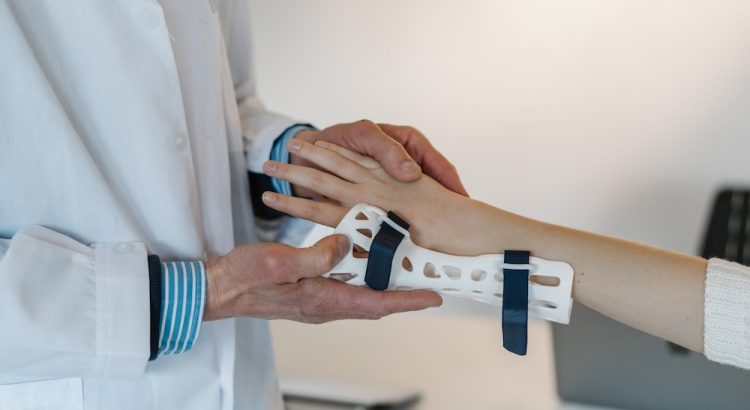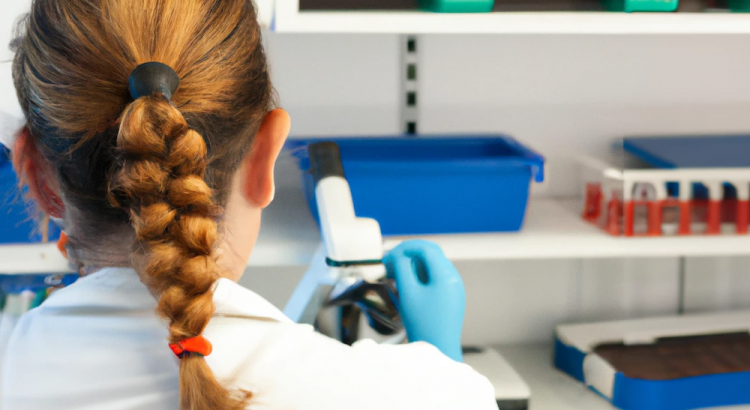Podcast: Play in new window | Download
Subscribe: Spotify | Email | TuneIn | RSS
Karla already has a successful career. After completing her training, she’s worked as a pelvic-floor physical therapist for over ten years! Her patients love her, and she loves serving them.
But no matter how skilled she becomes at her craft, there’s still a limit to how many people she can help. A PT, working in a clinic, can see only so many patients per day if she wants to give each one the time they deserve.
That’s one reason Karla decided to go back to school to earn a PhD. She wanted to find a way to continue serving her patients, while also advancing the practice of physical therapists everywhere through research and teaching.
But quitting her job to enroll in a traditional PhD program wouldn’t work for her patients, or her lifestyle. She had to find another way.
Read More



